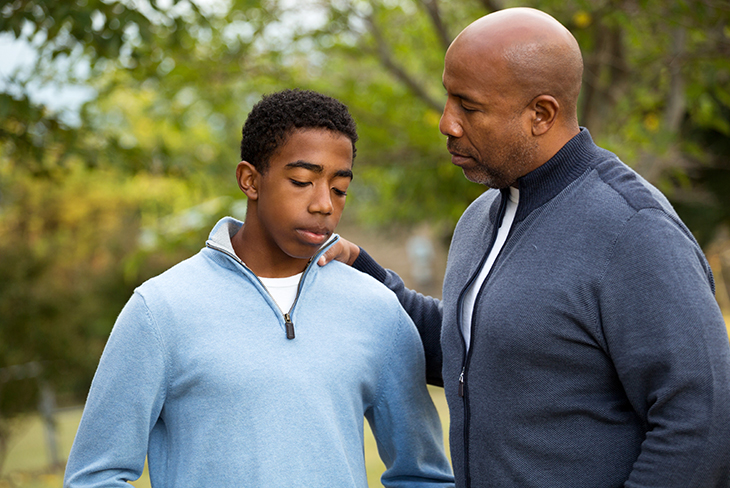How we can protect teens against drugs

Addiction is on the rise among South African youth. If you’re a parent, guardian or friend of a teen, this is what you need to know.
Drug addiction in all its forms continues to be a huge problem for South Africa, and recent statistics paint a grim picture of teens and drug abuse in our country.
‘There are few exact statistics, but it’s far worse than people think,’ says Dr Suntheren Pillay, a specialist psychiatrist at Life St Joseph’s in Durban, which specialises in mental health. ‘The youngest patient I’ve seen was 8. Generally, however, it starts at about age 11 or 12. Most units don’t admit patients under 13 years old, and we are having to ask permission to admit younger people all the time.’
‘Drugs and alcohol are the quickest ways for them to numb what they’re feeling,’ says Dr Pillay.
Other noteworthy trends are:
- More teens are trying drugs than before.
- The age at which they start is decreasing, so users are younger.
- The types of drugs are more addictive and more readily available.
The impact of addiction
There are several potential health risks for young users, including increased risk of injury and death due to either violence or accidents, increased probability of risky sexual behaviour that could result in teen pregnancy or STIs, and increased risk for suicidal behaviour and psychiatric disorders.
Why teens are abusing drugs
Teenage years are historically prone to experimentation, and the desire to indulge in adult activities like smoking, drinking alcohol and having sex are not uncommon among this group.
‘Teenagers are more susceptible to drug abuse because they’re at a natural stage of rebellion. They’re likely to experiment and are more impulsive – it’s part of their normal development,’ explains Dr Pillay.
Other reasons teenagers are more prone to abuse include:
- To relieve stress.
- To escape their problems.
- To feel special.
- To belong to a special group.
Tell-tale signs of addiction
If you don’t have concrete evidence that your child is taking drugs, you should always trust your gut and talk to them candidly about your concerns. You might also want to be aware of the following signs of drug addiction:
- Bloodshot eyes or pupils that are larger or smaller than normal
- Frequent nosebleeds (related to snorting drugs)
- Changes in sleep and appetite patterns
- Sudden weight gain or loss
- Deterioration in grooming or personal hygiene
- Unusual smells on breath, body or clothing
- Shakes, tremors or slurred speech
- Decreased academic performance
What you can do
A loving relationship with open channels of communication is a good place to start. You can’t stop your teen from experimenting, but you can create safe spaces for sharing so that you can help if they are in trouble. If you suspect addiction or suicidal tendencies as a result of drug dependency, seek help immediately.
Addiction treatment centres across the country offer inpatient and outpatient programmes, and Life Healthcare has 9 dedicated mental health facilities in 4 provinces (Gauteng, Eastern Cape, KwaZulu-Natal and Western Cape).
‘We don’t have dedicated teen rehab centres, but we facilitate rehab as part of an integrated psychiatric offering,’ says Dr Pillay. ‘Most patients have a dual diagnosis: they have abused drugs or alcohol because they have an underlying psychiatric condition or psychological issue. We treat both problems.’
The information is shared on condition that readers will make their own determination, including seeking advice from a healthcare professional. E&OE. Life Healthcare Group Ltd does not accept any responsibility for any loss or damage suffered by the reader as a result of the information provided.

